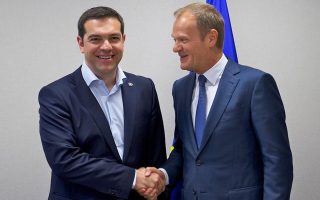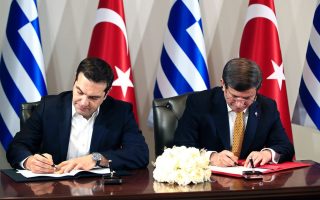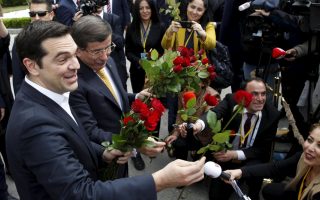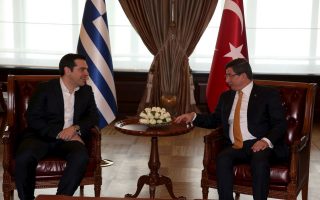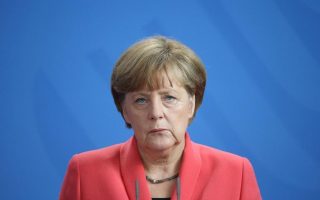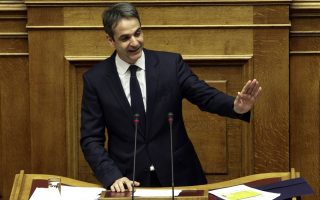EU ministers cautious on easing visa rules for Turkey under migration deal
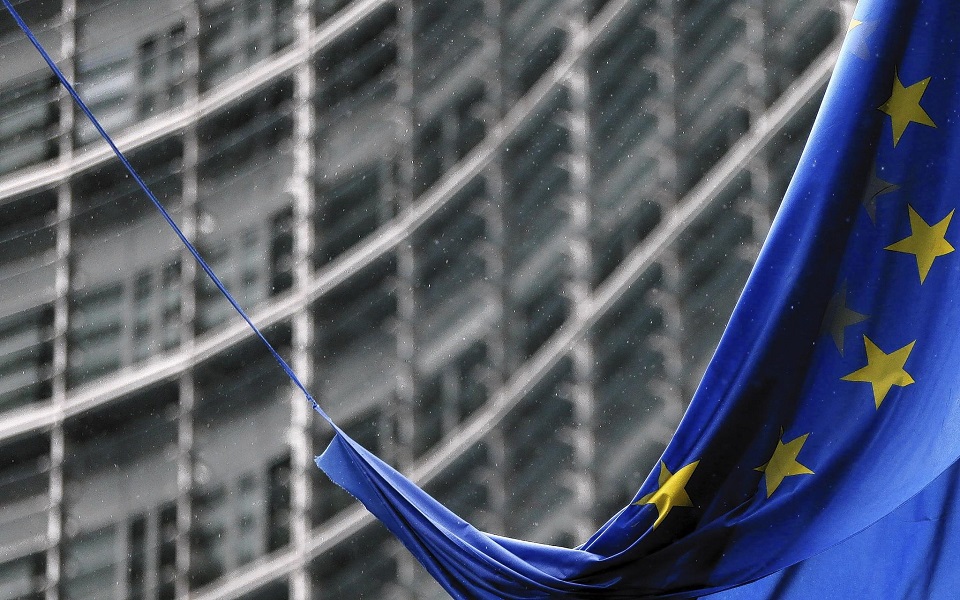
European Union interior ministers expressed reservations on Thursday over easing visa requirements for Turkey, a key element of a tentative deal with Ankara that Brussels and Germany hope will halt the mass influx of refugees and migrants to Europe.
EU and Turkish leaders agreed in principle on Monday that Ankara would prevent people from leaving its shores for Europe in exchange for more help for refugees living in Turkey, visa liberalisation for Turks visiting Europe and accelerating Turkey's long-dormant EU accession talks.
The 28 EU leaders have given themselves until the next summit due on March 17-18 to hone the details of an agreement that has stirred resistance in some countries, not least due to concerns over Turkey's record on human rights and press freedom.
Last Friday Turkish authorities seized control of the country's largest newspaper, Zaman, in a widening crackdown on supporters of a U.S.-based Muslim cleric opposed to President Tayyip Erdogan.
EU officials also say Turkey, a country of 75 million, only meets about half of more than 70 technical requirements for visa-free travel with Europe.
“It is highly questionable that Turkey, which puts a newspaper critical of the government under its own control, presents a wish-list three days later and is rewarded by discussions about earlier visa liberalisation,” said Austrian Interior Minister Johanna Mikl-Leitner.
“I ask myself if the EU is throwing its values overboard,” Mikl-Leitner said as she arrived for Thursday's ministerial talks, adding that she would push for a termination clause to be inserted into any final agreement.
Schengen zone under threat
Austria and other countries along the main migration route linking Greece to Germany via the Western Balkans, have resorted to unilateral tightening of border controls as the bloc struggles to forge a joint response to the migrant crisis.
That has put further strain on Europe's Schengen zone of passport-free travel, now on the verge of collapse, deepened rifts between states over the crisis that has already fuelled support for far-right parties across the bloc.
Under Monday's tentative deal, Turkey would take back all migrants crossing to Europe who are ineligible for asylum as well as everyone – including those fleeing wars and hence eligible for international protection – fished out from the sea before reaching EU shores.
But the forcible mass repatriation of migrants to Turkey would be difficult to implement, not least because many will have risked their lives and spent large sums of money to get to Europe in the first place.
However, EU officials said just a few returns should be sufficient to convince the migrants they stood no chance of being allowed to stay and to agree to be sent back to Turkey.
“People will not stop coming by themselves, so we have to show that it doesn't pay to use a trafficker and come to Europe in an illegal way,” said Klaas Dijkhoff, migration minister of the Netherlands, current holder of the EU's rotating presidency.
The interior ministers meeting in Brussels will also discuss plans for a common EU border and coast guard that the bloc hopes to deploy for the first time in late summer to improve protection of its external borders.
To ease the burden on Greece, where tens of thousands of migrants are now stranded in increasingly dire humanitarian conditions, the EU is stepping up relocations, with more than 900 people moved so far. However, that still falls far short of the 160,000 migrants EU states committed to move internally.
The EU ministers also expressed concern on Thursday that, with borders all but shut across the Western Balkans, migration routes would split into smaller streams of people seeking other routes of entry into the EU.
Italy could come under increased pressure if people stuck in Greece try to get out via Albania and the Adriatic Sea.
“We are working to prevent that,” Italy's Interior Minister Angelino Alfano said, without giving details.
[Reuters]
